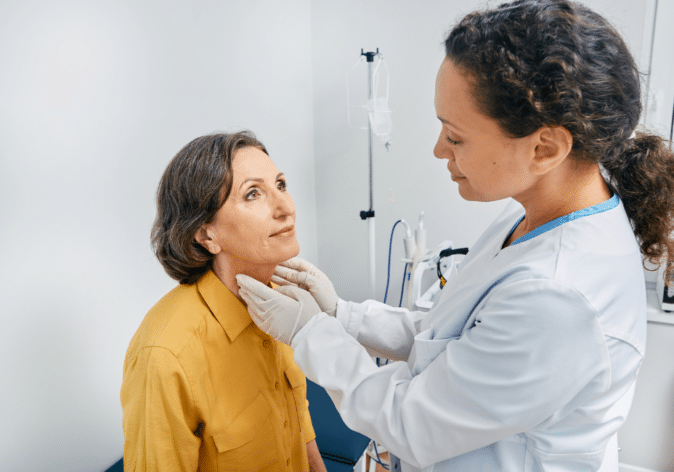The Commonalities In Breast And Prostate Cancer
Professor Wayne Tilley has spent his career looking at the commonalities in both breast and prostate cancer.
He is the Director of the Dame Roma Mitchell Cancer Research Laboratories at the University of Adelaide and South Australia and was a guest speaker at the 2019 Breast Cancer Trials Annual Scientific Meeting.
Professor Tilley is renowned for leveraging the commonalities of these two cancers to advance knowledge and treatments for both disease types.
“The main commonality is that breast and prostate cancers are both hormone dependent cancers,” said Professor Tilley.
“In the case of prostate, it requires testicular androgens for its growth, at least in all the initial stages, and the same with breast cancer.”
Androgens are hormones, such as testosterone, which are important for normal male sexual development before birth and during puberty. Men and women have androgens and estrogen.
“Some 70-80% of breast cancers are driven by the estrogen receptor which actually requires the ovarian hormone estrogen,” said Professor Tilley.
Listen to the podcast
Listen to our conversation with Professor Wayne Tilley a specialist in breast & prostate cancer. He is renowned for leveraging commonalities of both to advance knowledge & treatments.
How These Similarities Can Help Develop Targeted Treatments
These commonalities mean similar strategies are used to target both diseases.
“So, drugs that actually target the androgen receptor in prostate cancer to inhibit its action are similar to drugs such as tamoxifen or an aromatase inhibitors or newer drugs that will actually degrade the estrogen receptor protein, are used to treat endocrine sensitive breast cancer.”
Professor Tilley said they have learnt that both cancers are able to change the requirements for tumour growth.
“Even though it’s the androgen receptor in prostate that’s the main driver and estrogen receptor in breast, they both actually mutate or acquire altered structure and therefore altered function.”
“So, we’ve been able to model how these changes occur and realise if we’re smart and looking at how prostate cancer adapts to a new drug, we might be able to predict something similar in the case of breast cancer,” said Professor Tilley.
“For example, we reported mutations with resistance to treatment in prostate cancer back in the mid-1990s, but it’s taken to this current era in time for people to have realised that similar mutations in the estrogen receptor also cause resistance to current therapies.”
“So, if we’ve been smart, we’d probably could have understood that in breast cancer 20 years ago. It’s just that people tend to work in their own little silos, their own little areas, without trying to understand how changes in another system might inform your own.”
He said he became interested in studying both cancer types to help find these commonalities to further advanced treatments.
He said his research is into how estrogen and androgens work in both men and women.
“What we realised a number of years ago, is this estrogen/androgen balance in women is important, both in normal mammary gland development and in controlling the growth of the breast tumour cell.”
“So, what we actually think based on a number of our studies in women is the androgen receptor is a good player and it acts as a break to constrain the action of the estrogen receptor and if that break was released then the cancers would be more aggressive.”
“But conversely, if we can activate that break, it affords a new opportunity to control estrogen receptor driven growths.”
“So now, with a number of collaborators around the world, we’ve been able to develop new models and test clinically how you could activate this androgen receptor as a potential therapeutic strategy for patients whose tumors have failed with conventional hormone therapies.
“If you can use these drugs, because they actually have many beneficial effects in women, they actually improve bone density and in some cases libido. If we could actually take them back even earlier could we actually prevent the development of endocrine resistance or even could they be used in a prevention setting?”
“So, we’re looking at quite a broad spectrum now of how you might use activation of the androgen receptor in women with breast cancer.”
Support Us
Help us to change lives through breast cancer clinical trials research




